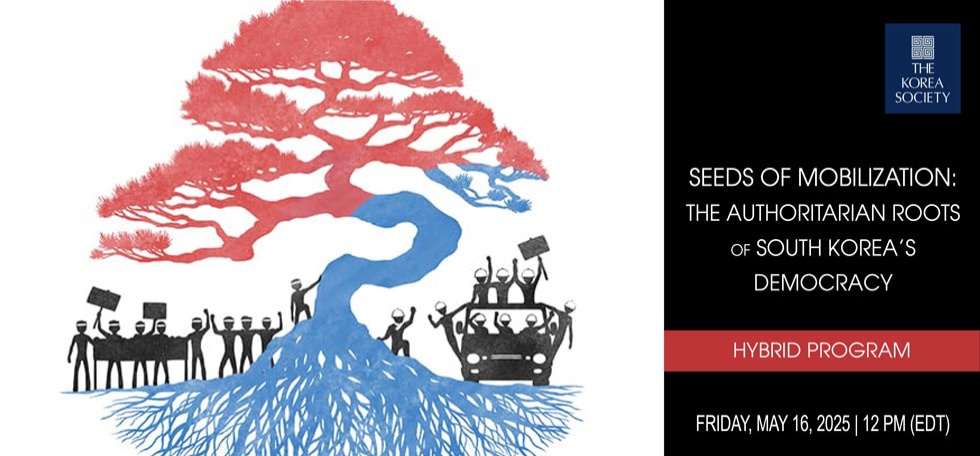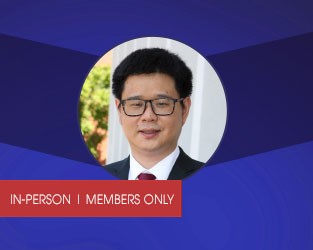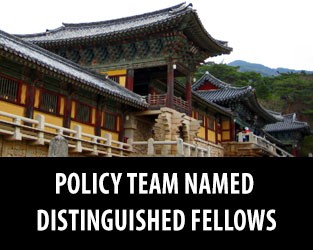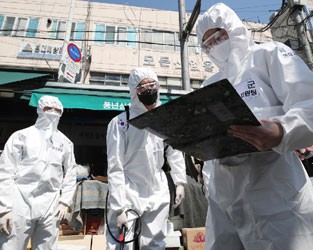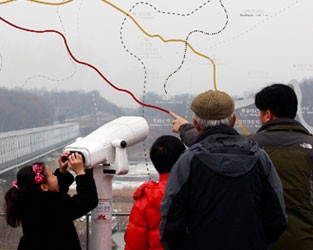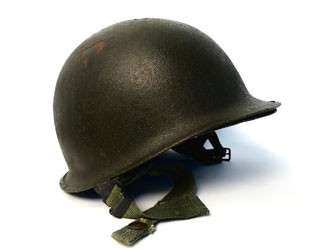![]()
The Van Fleet Signature Policy Conference is The Korea Society’s landmark policy event. Held in the District Ballroom of The Mayflower Hotel in Washington D.C., the conference provides insights on the fast evolving threats and opportunities impacting the dynamic U.S.-Republic of Korea (ROK) relationship, including a panel on security, a panel on diplomacy, and a keynote address.
Korea Society president and CEO Thomas Byrne provides an introduction and a congratulatory message is provided by H.E. Cho Hyundong, Ambassador of the Republic of Korea to the U.S.
The security panel, “U.S.-ROK Alliance Evolving to Meet Future Challenges,” is moderated by Gen (Ret.) Walter Sharp and features former ROK Minister of National Defense Lee Jong-sup, Admiral (Ret.) Harry Harris, and Deputy Assistant Secretary for Nuclear Affairs Alexandra Bell.
The diplomacy panel, “A Broadening U.S.-ROK Relationship in a Changing Regional and Global Landscape,” is moderated by Amb (Ret.) Kathleen Stephens and features former ROK Foreign Minister Yun Byung-se, Dr. Victor Cha, and Dr. Katrin Katz. Policy director Jonathan Corrado and Policy program officer Chelsie Alexandre are emcees.
The keynote speaker is Principal Deputy Assistant Secretary of Defense for Indo-Pacific Security Affairs Jedidiah P. Royal.
A full program agenda and speaker bios can be seen below.
The panels and keynote speech will be livestreamed on The Korea Society’s YouTube channel, as well as released via podcast and covered on social media, including Twitter, Instagram, and Facebook. In-person attendance is invitation only, but all are welcome to watch the proceedings live on YouTube.
The Korea Society thanks our corporate sponsors and individual members for their generous support, which has made this program possible.
U.S.-ROK: INDISPENSABLE PARTNERSHIP
AMID INCREASING GEOPOLITICAL COMPETITION
2024 KOREA SOCIETY VAN FLEET SIGNATURE POLICY CONFERENCE
Friday, November 22, 2024 | 9:15 AM - 2 PM (EST)
The District Ballroom of The Mayflower Hotel
Washington, DC
Program Agenda
| 9:00 AM | Arrival, Registration, and Coffee. | |
| 9:20 AM | Introduction and Overview of Themes The Korea Society president and CEO Tom Byrne . |
|
| 9:30 AM | Congratulatory Message H.E. Cho Hyundong, Ambassador of the Republic of Korea to the US. | |
| 9:40 AM | Security Panel U.S.-ROK Alliance Evolving to Meet Future Challenges Moderated by Gen (Ret.) Walter Sharp with Admiral (Ret.) Harry Harris, and former ROK Minister of National Defense Lee Jong-sup , and Deputy Assistant Secretary for Nuclear Affairs Alexandra Bell. |
|
| 10:50 AM | Diplomacy Panel A Broadening U.S.-ROK Relationship in a Changing Regional and Global Landscape Moderated by Amb (Ret.) Kathleen Stephens with former ROK Foreign Minister Yun Byung-se, Dr. Victor Cha, and Dr. Katrin Katz. |
|
| 12:00 PM | Lunch and Keynote Address Principal Deputy Assistant Secretary of Defense for Indo-Pacific Security Affairs Jedidiah P. Royal. |
|
| 2:00 PM | Adjourn. |
About the Speakers:
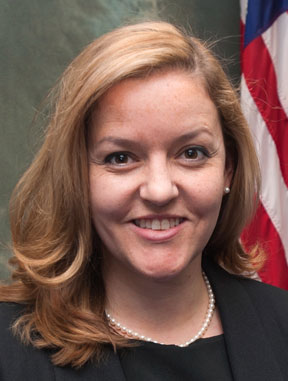 |
|
Alexandra Bell serves as the Deputy Assistant Secretary for Nuclear Affairs in the Bureau of Arms Control, Deterrence, and Stability (ADS). From 2017 to 2021, Bell was the Senior Policy Director at the Center for Arms Control and Non-Proliferation and the Council for a Livable World. Previously, Bell served as a Senior Advisor in the Office of the Under Secretary of State for Arms Control and International Security and as an Advisor in ADS, then named the Bureau of Arms Control, Verification and Compliance. Before joining the Department of State in 2010, she worked on nuclear policy issues at the Ploughshares Fund and the Center for American Progress. Bell received a Master’s degree in International Affairs from the New School and a Bachelor’s degree in Peace, War and Defense from the University of North Carolina at Chapel Hill. From 2001-2003, she was a Peace Corps Volunteer in Saint Elizabeth, Jamaica. Bell is a Member of the Council on Foreign Relations. |
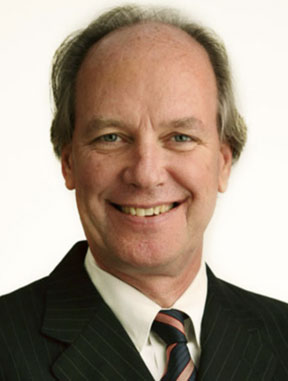 |
|
Thomas J. Byrne joined The Korea Society as President in August 2015. Since June 2023, he had also taken the role of “Honorary Ambassador,” appointed by the minister of MOTIE under the auspices of KOTRA/Invest Korea, to help promote trade and investment ties between Korea and the U.S. Byrne comes to the Society from Moody’s Investor Services, where he was Senior Vice President, Regional Manager, spokesperson, and Director of Analysis for the Sovereign Risk Group in the Asia-Pacific and Middle East regions, based in Singapore. Prior to that, he was the Senior Economist of the Asia Department at the Institute of International Finance in Washington D.C. from 1984 to 1996. Byrne has an MA in International Relations with a concentration in international economics from the Johns Hopkins School of Advanced international Studies and a BS in Biology from State University of New York at Stony Brook. Before his graduate work, he served in South Korea for three years as a U.S. Peace Corps volunteer. Byrne teaches as an adjunct professor at Columbia University’s School of International and Public Affairs in New York City and at Georgetown University’s Graduate School of Foreign Service in Washington, D.C. As president, he has written opinion articles published in the Wall Street Journal, Bloomberg View, The New York Times, The Washington Post, The Financial Times, The National Interest, and Reuters Breakingviews. |
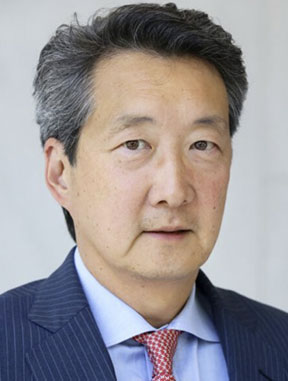 |
|
Victor Cha is president of the Geopolitics and Foreign Policy Department and Korea Chair at the Center for Strategic and International Studies (CSIS). He is also the distinguished university professor and professor of government at Georgetown University. He was appointed in 2021 by the Biden administration to serve on the Defense Policy Board in an advisory role to the secretary of defense. From 2004 to 2007, he served on the National Security Council (NSC) and was responsible for Japan, Korea, Australia/New Zealand, and Pacific Island nations. Dr. Cha was U.S. deputy head of delegation at the Six Party Talks and received two outstanding service commendations during his tenure at the NSC. He is the author of seven books, including the award-winning Alignment Despite Antagonism: The United States-Korea-Japan Security Triangle (Stanford, 1999) (winner of the 2000 Ohira Book Prize), The Impossible State: North Korea, Past and Future (Ecco, 2012) selected by Foreign Affairs as a “Best Book on the Asia-Pacific for 2012", Powerplay: Origins of the American Alliance System in Asia (Princeton, 2018), and Korea: A New History of South and North (Yale, 2023). Dr. Cha is a two-time Fulbright scholar, former Olin fellow at Harvard, and former Hoover, CISAC, and Koret fellow at Stanford. He currently serves on 10 editorial boards of academic journals and is co-editor of the Contemporary Asia book series at Columbia University Press. He serves on the board of the National Endowment for Democracy and is a senior fellow at the George W. Bush Institute. He is also a foreign affairs contributor for MSNBC and NBC News. Dr. Cha received his PhD, MIA and BA degree from Columbia University and a BA Honors from Oxford University. |
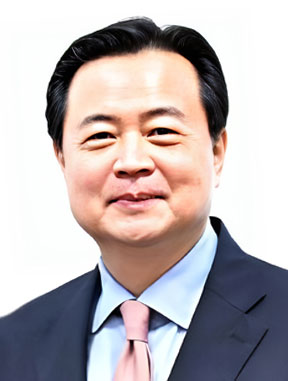 |
|
Ambassador Hyundong Cho, the 28th Ambassador of the Republic of Korea to the United States, has had a distinguished career in the Korean Foreign Service, most recently serving as First Vice Minister of the Ministry of Foreign Affairs (MOFA) from May 2022 to April 2023. Since joining the Foreign Service in 1985, Ambassador Cho has held numerous key roles focused on Korea-U.S. relations and North Korean affairs. His positions have included Deputy Minister for Planning and Coordination, Ambassador for Public Diplomacy, Director-General for North Korean Nuclear Affairs, Deputy Secretary for National Security Strategy in the President's Office, and Director of North America Division III. He has served multiple assignments in the United States, including as First Secretary in 2000, Deputy Chief of Mission in 2013, and now as Ambassador. He has also served in Geneva, Mongolia, and India. |
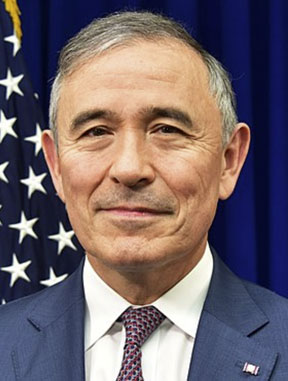 |
|
Admiral Harry B. Harris Jr. commanded the U.S. Pacific Command (USPACOM), now known as the Indo-Pacific Command (INDOPACOM), from May, 2015 to May, 2018. He is the first Asian-American to hold four-star rank in the U.S. Navy and the first to head USPACOM. Prior to USPACOM, he commanded the U.S. Pacific Fleet. Other operational commands include the U.S. 6th Fleet, Striking and Support Forces NATO, Joint Task Force Guantanamo, Patrol and Reconnaissance Wing 1, and Patrol Squadron 46. He was the 23rd United States Ambassador to the Republic of Korea. Harris’ personal decorations include the State Department’s Distinguished Honor Award, the Defense Distinguished Service Medal, three Navy Distinguished Service Medals, three Defense Superior Service Medals, three Legions of Merit, two Bronze Stars, and the Air Medal. He received the Republic of Korea’s Tong-il medal in 2014. He has also been decorated by the governments of Australia, France, Japan, Mongolia, the Philippines, and Singapore. He graduated from the U.S. Naval Academy in 1978 and holds master’s degrees from Harvard’s Kennedy School of Government and Georgetown’s School of Foreign Service. |
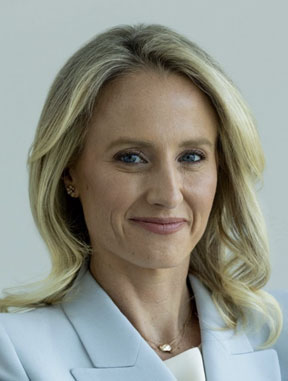 |
|
Dr. Katrin Fraser Katz, is The Korea Society's inaugural Van Fleet Nonresident Senior Fellow. Dr. Katz is a former director for Japan, Korea, and oceanic affairs on the staff of the National Security Council, where she served from 2007 to 2008. She is also a Professor of Practice in the Department of Political Science and the Master of Arts in International Administration (MAIA) program at the University of Miami and an Adjunct Fellow (Non-resident) in the Office of the Korea Chair at the Center for Strategic and International Studies (CSIS) in Washington, DC. Previously, she was a special assistant to the assistant secretary for international organization affairs at the U.S. Department of State and an analyst at the Central Intelligence Agency. She was previously an Adjunct Assistant Professor in the Department of Political Science at Columbia University and has also taught at Georgetown University. In 2017, Dr. Katz received the inaugural Sherman Family Korea Emerging Scholar Lecture Series award from The Korea Society. Dr. Katz’s research, which has been supported by grants from the Korea Foundation and the Horowitz Foundation for Social Policy, explores the interplay of cooperation and conflict in East Asia’s political, economic, and security dynamics. She holds a Ph.D. in political science from Northwestern University; a master’s degree in East Asian and international security studies from the Fletcher School of Law and Diplomacy, where she was awarded the John C. Perry Scholarship for East Asian Studies; and a bachelor’s degree, magna cum laude, in international relations and Japanese from the University of Pennsylvania. |
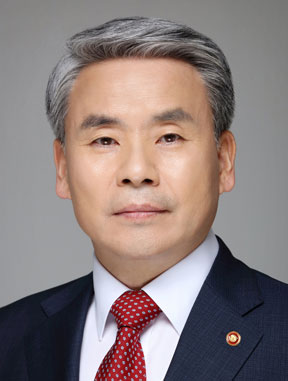 |
|
Lee Jong-Sup served as the Minister of National Defense of the Republic of Korea from May 2022 until October 2023. He is a retired Lieutenant General from the Republic of Korea Army, who last served as the Vice Chairman of ROK Joint Chiefs of Staff. He graduated from the Korea Military Academy and was commissioned as a Second Lieutenant in 1984, and completed the Infantry Officer's Advanced Course at Fort Benning, Georgia in 1988. He received a Ph.D. degree in International Relations from the University of Tennessee (Knoxville) in 1999. LTG (R) Lee previously served as the Deputy Director General for Policy Planning Bureau at the Ministry of National Defense, the Assistant Secretary at the Presidential Office for Foreign Affairs and National Security, the Special Assistant for Defense Policy to the Chief of National Intelligence Service, the Chief Director of Combined Defense Transformation Group (JCS), and Commander of 2nd Infantry Division and 7th Mechanized Corps. He received decorations including the Order of National Security Merit, Cheonsu Medal (2014) and the Order of National Security Merit, Gugseon Medal(2019). He also received U.S. Legion of Merit (2019) and Turkish Armed Forces Legion of Merit (2018). |
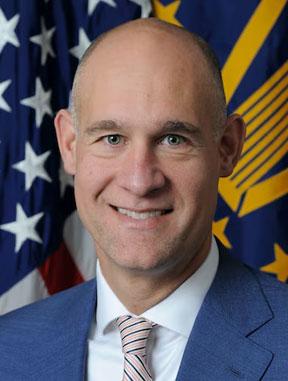 |
|
Jedidiah P. Royal, a career member of the Senior Executive Service, is the Principal Deputy Assistant Secretary of Defense for Indo-Pacific Security Affairs. He oversees IPSA's extensive portfolio -- spanning China, Taiwan, and Mongolia; East Asia; and South and Southeast Asia – and works across the national security enterprise to synchronize IPSA activities with foreign policy objectives. Before joining IPSA, Mr. Royal served as Deputy Director of the Defense Security Cooperation Agency, where he coordinated implementation of a diverse array of Security Cooperation programs. Prior to joining DSCA, Mr. Royal served as the Director of Defense Policy and Plans at the U.S. Mission to the North Atlantic Treaty Organization. In this capacity, Mr. Royal represented the United States to the NATO alliance on defense policy, capability, planning, deterrence, burden sharing and partnership matters. Prior to his position at NATO, Mr. Royal served in a variety of positions in the Office of the Secretary of Defense, most recently as Acting Deputy Assistant Secretary of Defense for Afghanistan, Pakistan and Central Asia affairs. He was also detailed to the National Security Council at the White House as Director for Afghanistan and Pakistan from 2013-2015; served as the Director for Cooperative Threat Reduction Policy in the office of Countering Weapons of Mass Destruction from 2010-2013; and served on exchange in Canberra, Australia as the Director of Strategic Advice in the Australian Department of Defense from 2007-2010. Mr. Royal was also assigned to the Counter Proliferation Policy office and the Office of Negotiations Policy. Mr. Royal started his career in the United States Senate as Legislative Assistant for Near East and South Asia Policy at the Foreign Relations Committee. Mr. Royal holds the degree of M. PHIL from the University of New South Wales where his research and writing focused on the economic-security nexus, in particular the consequences of economic volatility on security relationships. He completed his undergraduate studies in International Affairs at The George Washington University. |
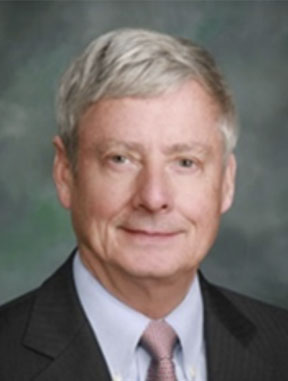 |
|
General Walter “Skip” Sharp was born in Morgantown, West Virginia while his father was fighting in the Korean War. General Sharp graduated from West Point in 1974 and was commissioned as an armor officer. He earned an M.S. in operations research and system analysis from Rensselaer Polytechnic Institute and is a graduate of the Army War College. General Sharp commanded the United Nations Command, Republic of Korea-United States Combined Forces Command and United States Forces Korea from 2008 to 2011. He also commanded troops in Operations Desert Shield and Desert Storm, Operation Uphold Democracy in Haiti and the Multinational Division (North) of the NATO-led Stabilization Force in Bosnia. General and Mrs. Sharp live in Alexandria, VA. He is a Director on The Korea Society BOD and former Chairman of BOD for the Military Officers Association of America. He is also on the BOD for ARTIS, LLC and consults for several U.S. companies focused on supporting our military and veterans. General Sharp is also involved in Northeast Asia and Korea strategy and policy discussions at several Washington, D.C. area Think Tanks. |
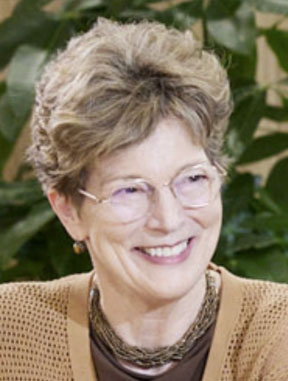 |
|
Ambassador (ret) Kathleen Stephens was a career diplomat in the United States Foreign Service, 1978-2015. She was U.S. Ambassador to the Republic of Korea 2008-2011, the first woman and first Korean-speaker in that position. Other overseas assignments included postings to Trinidad and Tobago, China, Korea, former Yugoslavia, Portugal, Northern Ireland, where she was U.S. Consul General in Belfast during the negotiations culminating in the 1998 Good Friday Agreement, and India, where she was U.S. Chargé d'affaires (2014-2015). Ambassador Stephens served in a number of policy positions in Washington at the Department of State and the White House. These included acting Under Secretary of State for Public Diplomacy and Public Affairs (2012), Principal Deputy Assistant Secretary of State for East Asian and Pacific Affairs (2005-2007), Deputy Assistant Secretary of State for European and Eurasian Affairs (2003-2005), and National Security Council Director for European Affairs at the Clinton White House. Ambassador Stephens was William J. Perry Fellow for Korea at Stanford University’s Shorenstein Asia Pacific Research Center, 2015-2018. She has served as President and CEO of the Korea Economic Institute of American (KEIA) from 2018 to 2023. She is board chair of The Korea Society and board vice-chair of The Asia Foundation. Ambassador Stephens studied at Prescott College, University of Hong Kong and Oxford University, and holds a BA Honors from Prescott. She holds a Master’s degree from Harvard University’s Kennedy School. In the 1970s, she was a Peace Corps volunteer in Korea. |
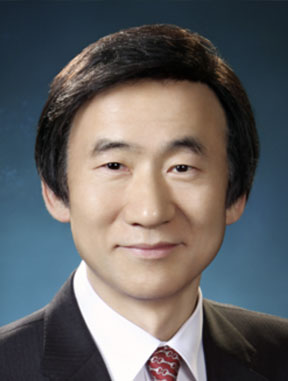 |
|
Yun Byung-se served as the Minister of Foreign Affairs of the Republic of Korea from March 2013 until June 2017 (longest serving Foreign Minister after 1981). Prior to that, he served as Deputy National Security Adviser (Senior Secretary) to the President responsible for Korea’s foreign, defense and unification policy and as Senior Coordinator at the National Security Council of the Presidential Office. |
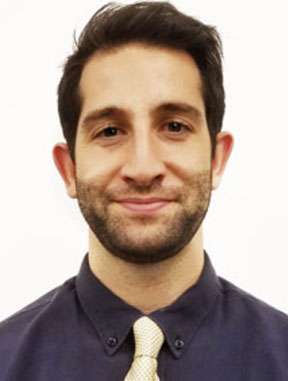 |
|
Jonathan Corrado is Director of Policy for The Korea Society. He produces programming and conducts research on a range of security, diplomacy, and socioeconomic issues impacting the U.S.-Korea Alliance, the Korean Peninsula, and Northeast Asia. He teaches a class titled, “North Korea: State, Society, Diplomacy, and Security” at The School of International and Public Affairs (SIPA) at Columbia University and SUNY Stony Brook University. Jonathan is a member of The National Committee on North Korea (NCNK). He was previously a non-resident James A. Kelly Fellow at Pacific Forum, an Emerging Leader at the National Committee on American Foreign Policy (NCAFP), and a contributor to NK Pro. He has published peer-reviewed articles in the International Journal of Intelligence and CounterIntelligence, the Journal of Indo Pacific Affairs, the Journal of the Royal Society for Asian Affairs, and Asian Politics & Policy. He has also published analysis in diverse outlets such as Foreign Affairs, Foreign Policy, War on the Rocks, 38 North, The Diplomat, The Japan Times, The National Interest, Yahoo News, Pacific Forum PacNet and Issues & Insights, NK News, and NK Pro. He has been quoted in The Washington Post, Bloomberg, Reuters, The South China Morning Post, The Korea Times, Radio Free Asia, and Voice of America. Jonathan was previously a translator for Daily NK (Korean to English), an FCPA due diligence investigator for Steele Compliance Solutions, a graduate fellow for McLarty Associates, and a volunteer analyst for the Congressional Research Service. Jonathan received an MA from Georgetown University's Asian Studies Program in the Walsh School of Foreign Service and a BA in anthropology and philosophy from the University of Maryland College Park. |
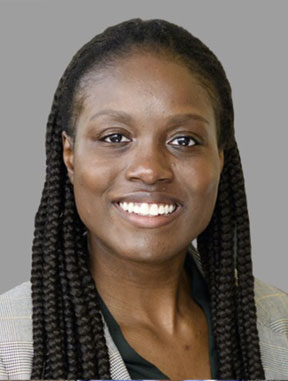 |
|
Chelsie Alexandre is the Policy Program Officer at The Korea Society. She works with the Director of Policy to develop and implement events that address issues shaping the dynamics of U.S.-ROK relations, the Korean peninsula, and Northeast Asia. Before joining The Korea Society, Chelsie received a Fulbright Research award to conduct research in South Korea on the role of middle power countries in the Korean peace process with Korea University’s Peace and Democracy Institute. During her time in Seoul, she also briefly reported on domestic Korean affairs for The Diplomat. Prior to her current role, Chelsie was a Partnerships Coordinator at the New York City-based nonprofit, The Concordia Summit, and she worked as a Legal Analyst at the global law firm Kobre & Kim. Chelsie also had previous experience as a research Intern at The Korea Society. She graduated with a B.A. in Politics from Princeton University, with minors in East Asian Studies and Diplomacy. |

